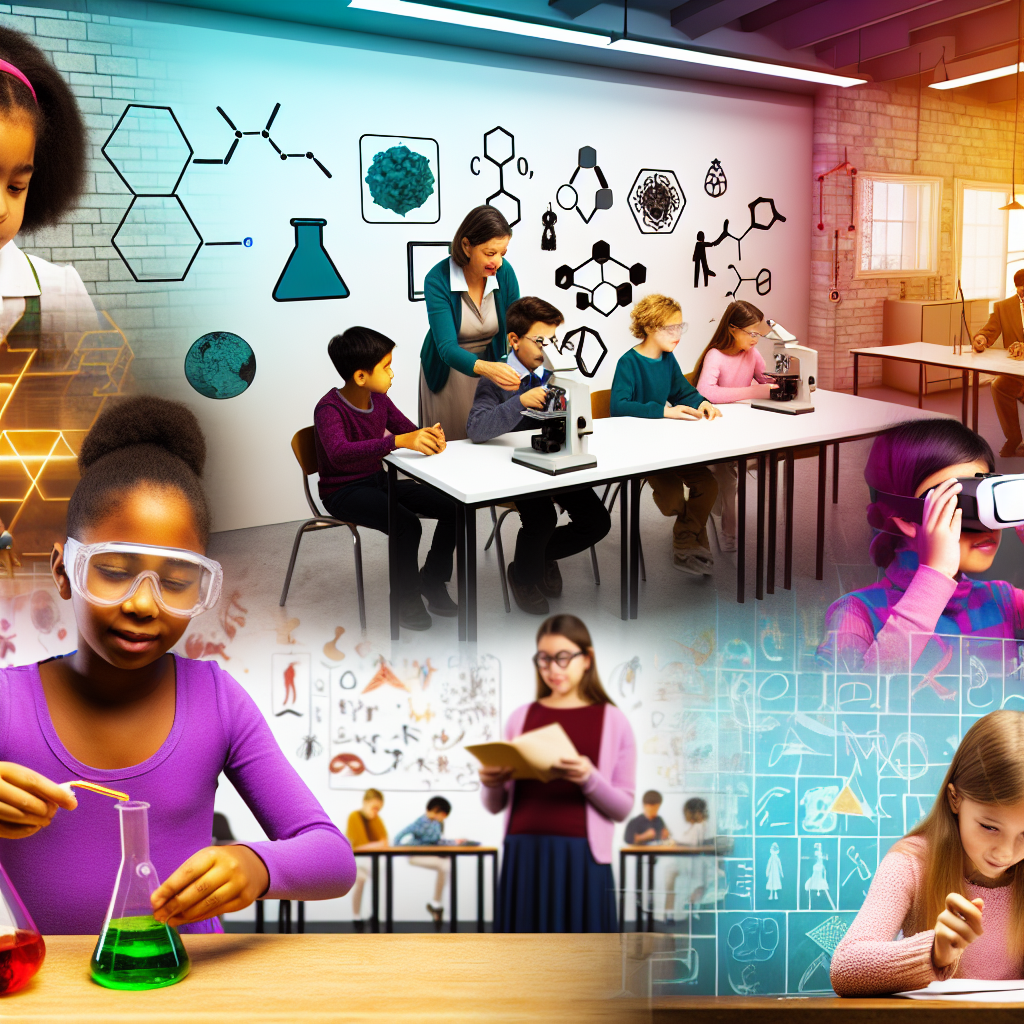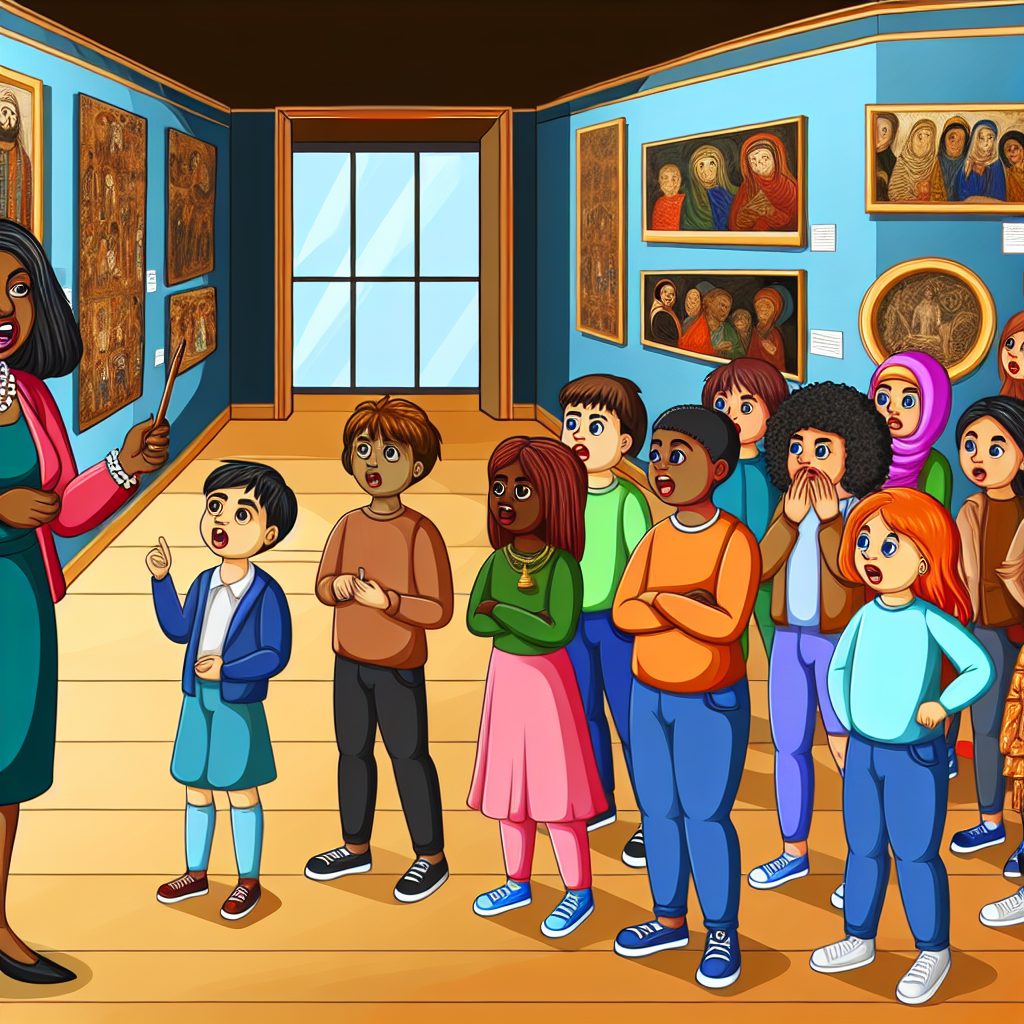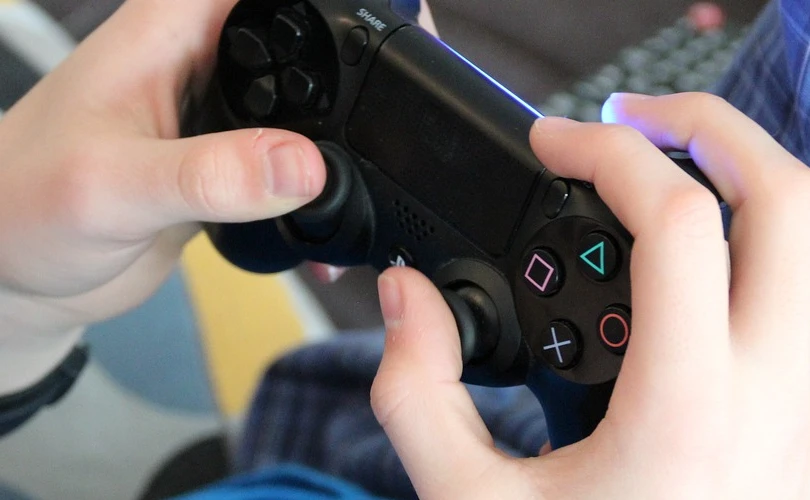Customized Learning Programs for Gifted Children
Introduction
Parenting a gifted child is a unique journey filled with immense joy, inspiring potential—and exceptional responsibility. For families who have the means and the passion to nurture talent from an early stage, there lies an opportunity to shape a fulfilling educational trajectory tailored specifically to their child’s advanced intellectual, creative, or academic capabilities. Gone are the days of one-size-fits-all schooling. Today’s affluent parents are increasingly seeking highly individualized learning experiences, optimized environments, and premium academic resources that respond to their child’s profound abilities and distinct learning styles. This has given rise to a growing interest in customized learning programs—carefully crafted educational paths built on the premise that gifted children thrive best when their intellectual and emotional needs are met with precision and care.
Giftedness, as defined by the National Association for Gifted Children (NAGC), involves “children and youth with outstanding talent who perform or show the potential for performing at remarkably high levels of accomplishment compared with others of their age, experience, or environment.” However, identifying and nurturing this exceptionalism requires more than just early detection of advanced skills. It requires a deliberate strategy that includes tailored mentorship, accelerated learning paths, enrichment opportunities, and often, psychological and emotional support systems.
Customized learning programs for gifted children provide exactly this level of individualization. Whether offered through elite private schools with gifted tracks, specialized online programs, or one-on-one mentorship and holistic educational consultants, these programs deliver curated curricula that blend academic rigor with emotional intelligence development, creative stimulation, and real-world problem-solving. For families poised to invest in their child’s potential, these personalized programs can deliver substantial dividends, both in academic outcomes and for long-term life satisfaction.
Moreover, true customization takes into account more than just IQ scores. It considers the child’s passion points, sensory preferences, social needs, and emotional maturity. A mathematically gifted child may need early exposure to university-level logic and analytics, while a language prodigy might greatly benefit from bilingual or even trilingual immersion experiences. Today’s expanding access to educational technology and world-class tutors makes it easier than ever for affluent families to create environments where gifted children can flourish. The benefits go far beyond academic achievement—they pave the way for meaningful engagement, creative expression, and a lifelong love of learning.
Features and Studies Supporting Customized Programs
Scientific literature and reputable educational research strongly support the efficacy of customized learning for gifted children. One of the most foundational studies in this area is the longitudinal Study of Mathematically Precocious Youth (SMPY) initiated by Dr. Julian Stanley at Johns Hopkins University. This landmark research followed thousands of gifted youths over several decades. Findings consistently revealed that when gifted children are placed in learning environments tailored to their advanced abilities—through acceleration, subject-specific enrichment, or individual mentorship—they show heightened academic achievement, increased motivation, and improved wellbeing. Many participants of the SMPY study went on to lead impactful, high-profile careers in science, technology, engineering, mathematics, and the arts. This is a clear testament to the long-term value of early investment and personalization in education.
Another key resource is the Institute for Research and Policy on Acceleration (IRPA), which emphasizes the benefits of academic acceleration—a central practice in customized programs. Its research concludes that students who undergo this form of advancement perform better academically, and contrary to outdated assumptions, do not experience negative social or emotional effects. In fact, when gifted children are left in standard-paced environments, they often report feelings of boredom, social isolation, and underachievement—factors that contribute to disengagement and even psychological stress.
The work of Dr. Miraca Gross—a renowned researcher from the University of New South Wales—is another significant contribution to the field. In her seminal book, Exceptionally Gifted Children, Gross documents decades of research surrounding the social and emotional needs of highly gifted youth. Her findings highlight that the absence of suitable intellectual stimuli and lack of like-minded peers can lead to anxiety, lowered self-esteem, and profound underperformance. In contrast, customized learning programs offer appropriate levels of challenge and help gifted children connect with similar peers—either physically or through virtual platforms—fostering both cognitive growth and emotional well-being.
Moreover, recent advances in neuroscience further emphasize the importance of early and appropriate intervention for gifted children. Research shows that the brains of gifted youth possess heightened neural plasticity. When provided with advanced cognitive stimulation, these children’s brain connectivity and executive function skills develop more robustly. Customized programs that integrate multi-sensory learning, biofeedback techniques, and strength-based approaches optimize this growth period and contribute to a more fulfilled educational journey.
Today, many premium institutions and educational consultants are blending this scientific research into practice. Organizations such as the Davidson Institute for Talent Development, the Gifted Education Resource Institute (GERI) at Purdue University, and high-end consultancies like Arete Educational Consulting provide bespoke services grounded in rigorous assessments and evidence-based strategies. These groups evaluate cognitive strengths, passions, and psychosocial profiles, offering a scaffolded plan that might include university-level courses, real-world internships, creative workshops, and more—interwoven into one cohesive educational experience.
Conclusion
Nurturing gifted children calls for more than just recognizing their exceptional talents—it demands a conscious, informed, and strategic effort to deliver education tailored to their pace, passions, and personality. As today’s research and technological resources reveal, customized learning programs offer affluent families a proactive, visionary route to unlock their children’s fullest potential in a nurturing, stimulating, and affirming environment.
By tapping into a combination of intellectual enrichment, emotional support, and strategic challenges, these programs enable gifted children not only to excel but to do so in a way that nourishes a lifelong love of learning, curiosity, and creativity. As science, pedagogy, and technology continue to evolve, the future of education will increasingly focus on personalization—and for gifted youth, this evolution may be the key to unlocking brilliance that transforms the world around them.

Dominic E. is a passionate filmmaker navigating the exciting intersection of art and science. By day, he delves into the complexities of the human body as a full-time medical writer, meticulously translating intricate medical concepts into accessible and engaging narratives. By night, he explores the boundless realm of cinematic storytelling, crafting narratives that evoke emotion and challenge perspectives. Film Student and Full-time Medical Writer for ContentVendor.com




